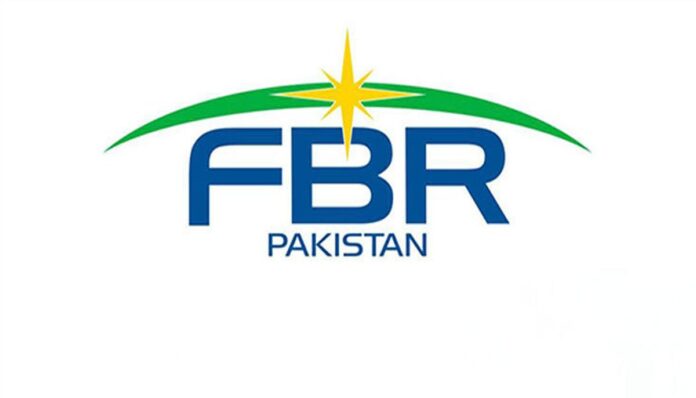ISLAMABAD: The Federal Board of Revenue (FBR) has admitted that there is a lack of ownership among the tax machinery on the issue of expanding the tax net (Broadening the tax base).
According to the Stakeholder Engagement Plan issued under the World Bank-funded Pakistan Raises Revenue Project (PRRP) , broadening the tax base is one of the objectives of reforms, as the FBR is not achieving results with the current system.
In addition, there is also a lack of clarity and ownership and to address these issues, diligence and procedure are required for taxpayer mapping and field surveys to identify potential taxpayers before bringing them into the tax net.
According to this plan, representatives from the Sindh Revenue Board (SRB) shared their viewpoints on their relationship with FBR and other operational issues that they face.
At the provincial level, tax collection is fragmented under three tax collection authorities. There is a Revenue Board in each province, which is responsible for GST on services; the Board of Revenue (BoR), is responsible for the collection of registration fees, stamp duty, capital value tax, agricultural income tax, and land revenue; and Excise, Taxation and Narcotics Control (ET&N) Department, responsible for property tax, professional tax, infrastructure development cess, motor vehicle tax, excise duty, cotton fee, liquor and narcotics and entertainment duty.
There is a need to streamline the systems to engage in seamless data sharing (among different entities). Enforcement, presence, and outreach are critical issues.
Further, in each province, the Revenue Board is placed under a different department. Representatives from SRB pointed out that the Punjab Revenue Board operates under the Finance Department, the KP Revenue Authority and the Balochistan Revenue Authority work under the Excise and Taxation Department and the Sindh Revenue Board is placed under the Chief Ministers office.
As a result of this fragmentation, there is an increased number of return forms, higher compliance costs, and difficulties in coordination with FBR and its subsidiary, Pakistan Revenue Automation (Pvt.) Ltd (PRAL).
Interviewees were of the view that tax harmonization is therefore the need of the hour. According to both FBR and SRB representatives, there is friction between FBR and the provinces about tax on goods and services which needs to be examined to avoid hiccups in the implementation of reform, it said.
The phrase “broadening the tax base” is often used in Pakistan in the context of an extremely narrow base of income tax and refers to the idea of spreading it out over all potential sources. It would be more productive and would add value if the BTB function is based on territorial jurisdiction for collecting new cases and increasing the tax net.
In terms of the work process structure, initially, there was a Circle-based system, under which, each Circle was responsible for closely monitoring the performance of all taxpayers falling within its territorial jurisdiction.
Under that system, the officer in-charge was entrusted with all the responsibilities of maintenance of records, receipt, and enforcement of income tax returns/statements, conducting audit and assessment, recovery of taxes, filing of appeals at various appellate fora, issuance of refunds, and assisting the Commissioner in the issuance of exemption certificates. Since all the work was the responsibility of one person, there was a unity of command, a better understanding of issues, and a sense of ownership among the tax officials.
In 2000, it became function-based, in which there was a lack of ownership and officers did not know anything outside their function. The system has now introduced a “composite system” broadly similar to the comprising work units, the jurisdiction of which is by and large based on “territorial” specifications, and the work is entrusted to one person.
Hence IRS is organized along tax instruments, territorial jurisdictions, and taxpayer segments (e.g. Large Taxpayer Offices) rather than functions, for instance, taxpayer registration, assessment, and tax audit. This aspect of the Organization may be explored further through consultations as it has implications for the efficiency of work processes and would impact the reform agenda of the project. FBR has been integrated with NADRA and SECP, in particular about registration of taxpayers and the ease of doing business. Under the One Window Operations Policy, people can obtain their NTN from SECP, the report stated.





What a profound and kind article. We appreciate you sharing with us. Try to join me in the game now.
This is Pakistan
Very interested
fbr is chutiyapa and wastage of public money.